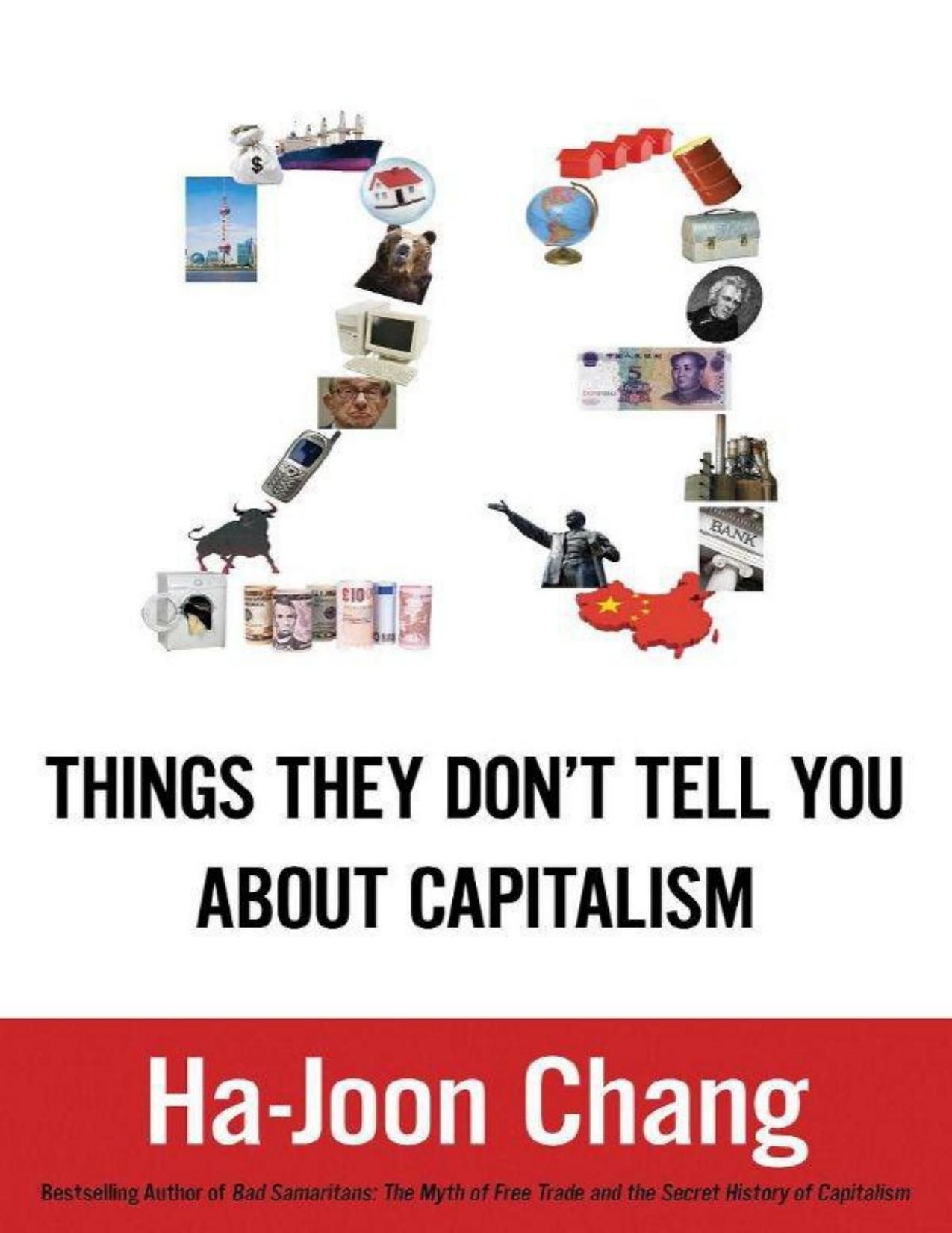23 Things They Don't Tell You about Capitalism by Chang Ha-Joon

Author:Chang, Ha-Joon [Chang, Ha-Joon]
Language: eng
Format: mobi, epub, pdf
Publisher: Bloomsbury Press
Published: 2011-01-01T16:00:00+00:00
So far, I have listed many successful examples of government picking winners and explained why the free-market theory that denies the very possibility of government picking winners is full of holes.
By doing this, I am not trying to blind you to cases of government failure. I have already mentioned the series of castles in the desert built in many developing countries in the 1960s and 70s, including Indonesia’s aircraft industry. However, it is more than that. Government attempts to pick winners have failed even in countries that are famous for being good at it, such as Japan, France or Korea. I’ve already mentioned the French government’s ill-fated foray into Concorde. In the 1960s, the Japanese government tried in vain to arrange a takeover of Honda, which it considered to be too small and weak, by Nissan, but it later turned out that Honda was a much more successful firm than Nissan. The Korean government tried to promote the aluminium-smelting industry in the late 1970s, only to see the industry whacked by a massive increase in energy prices, which account for a particularly high proportion of aluminium production costs. And they are just the most prominent examples.
However, in the same way that the success stories do not allow us to support governments picking winners under all circumstances, the failures, however many there are, do not invalidate all government attempts to pick winners.
When you think about it, it is natural that governments fail in picking winners. It is in the very nature of risk-taking entrepreneurial decisions in this uncertain world that they often fail. After all, private sector firms try to pick winners all the time, by betting on uncertain technologies and entering activities that others think are hopeless, and often fail. Indeed, in exactly the same way that even those governments that have the best track records at picking winners do not pick winners all the time, even the most successful firms do not make the right decisions all the time – just think about Microsoft’s disastrous Windows Vista operating system (with which I am very unhappily writing this book) and Nokia’s embarrassing failure with the N-Gage phone/ game console.
The question is not then whether governments can pick winners, as they obviously can, but how to improve their ‘batting average’. And contrary to popular perception, governmental batting averages can be quite dramatically improved, if there is sufficient political will. The countries that are frequently associated with success in picking winners prove the point. The Taiwanese miracle was engineered by the Nationalist Party government, which had been a byword for corruption and incompetence until it was forced to move to Taiwan after losing the Chinese mainland to the Communists in 1949. The Korean government in the 1950s was famously inept at economic management, so much so that the country was described as a bottomless pit by USAID, the US government aid agency. In the late nineteenth and early twentieth centuries, the French government was famous for its unwillingness and inability to pick winners, but it became the champion of picking winners in Europe after the Second World War.
Download
23 Things They Don't Tell You about Capitalism by Chang Ha-Joon.epub
23 Things They Don't Tell You about Capitalism by Chang Ha-Joon.pdf
This site does not store any files on its server. We only index and link to content provided by other sites. Please contact the content providers to delete copyright contents if any and email us, we'll remove relevant links or contents immediately.
International Integration of the Brazilian Economy by Elias C. Grivoyannis(111059)
The Radium Girls by Kate Moore(12028)
Turbulence by E. J. Noyes(8050)
Nudge - Improving Decisions about Health, Wealth, and Happiness by Thaler Sunstein(7707)
The Black Swan by Nassim Nicholas Taleb(7129)
Rich Dad Poor Dad by Robert T. Kiyosaki(6633)
Pioneering Portfolio Management by David F. Swensen(6301)
Man-made Catastrophes and Risk Information Concealment by Dmitry Chernov & Didier Sornette(6019)
Zero to One by Peter Thiel(5802)
Secrecy World by Jake Bernstein(4753)
Millionaire: The Philanderer, Gambler, and Duelist Who Invented Modern Finance by Janet Gleeson(4478)
The Age of Surveillance Capitalism by Shoshana Zuboff(4293)
Skin in the Game by Nassim Nicholas Taleb(4249)
The Money Culture by Michael Lewis(4207)
Bullshit Jobs by David Graeber(4190)
Skin in the Game: Hidden Asymmetries in Daily Life by Nassim Nicholas Taleb(4007)
The Dhandho Investor by Mohnish Pabrai(3765)
The Wisdom of Finance by Mihir Desai(3748)
Blockchain Basics by Daniel Drescher(3583)
